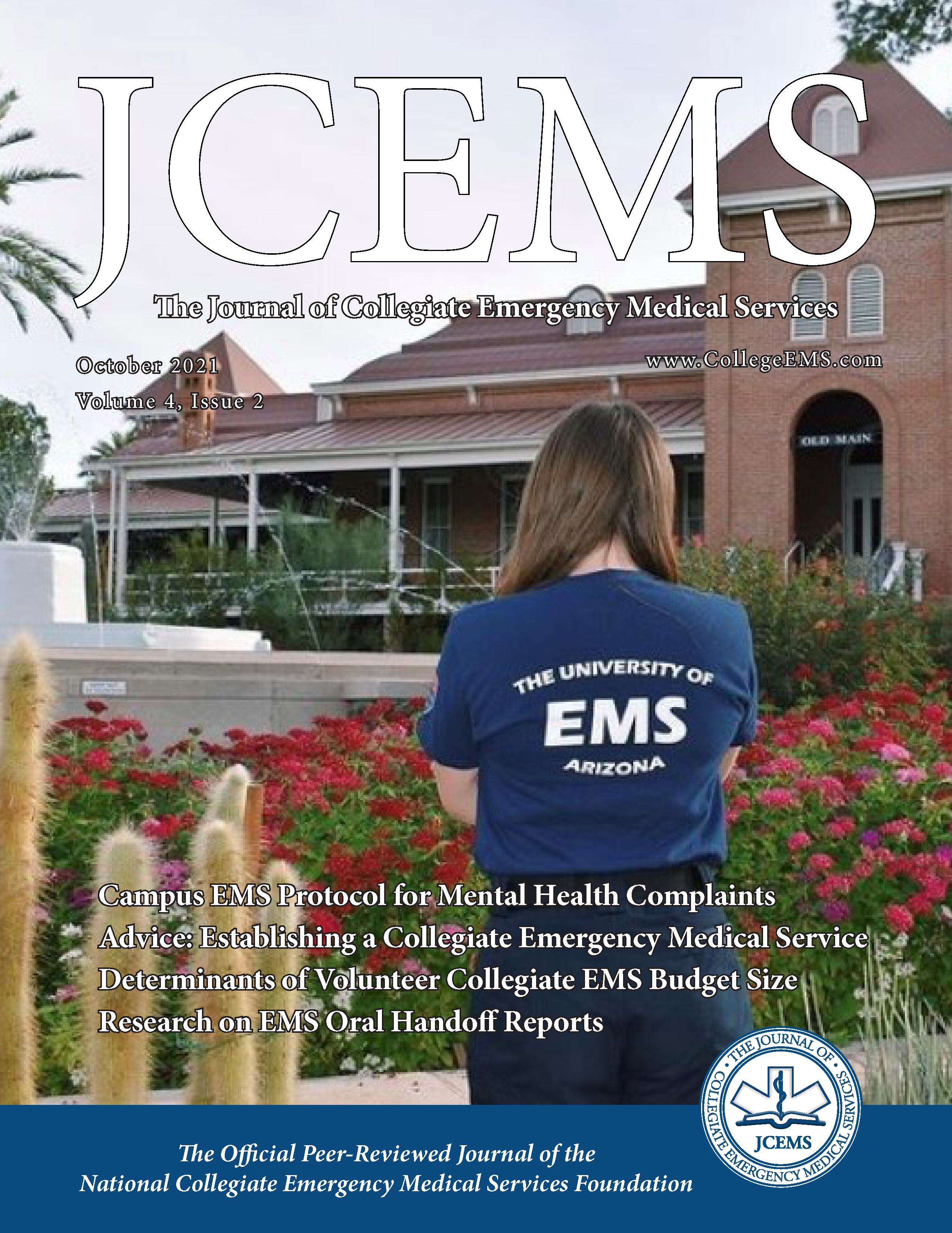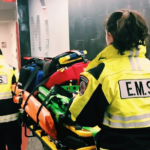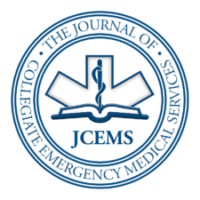Inside Volume 4, Issue 2
Continue to the categoryEvaluating the Content and Quality of Emergency Medical Services Oral Patient Handoff Reports
There exists no universal criterion for the patient data to be presented from EMS to hospital Emergency Department (ED) personnel. This study seeks to ascertain what patient data is orally reported by EMS to ED personnel.
Determinants of Volunteer Collegiate-Based Emergency Medical Service Budget Size
This unique study examines determinants of budget size and budget sources for a cross-section of collegiate EMS agencies.
Creating a Protocol for Campus EMS Response to Mental Health Complaints
The authors share their experience with developing a mental health response framework for their collegiate EMS service.
Establishing a Collegiate Emergency Medical Service
Ferdowsian et al. share their experience establishing a new EMS team at the Claremont Colleges.










